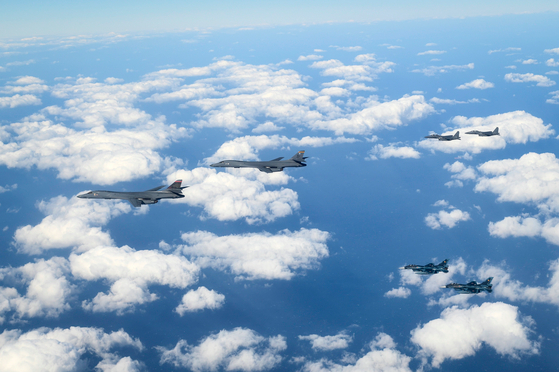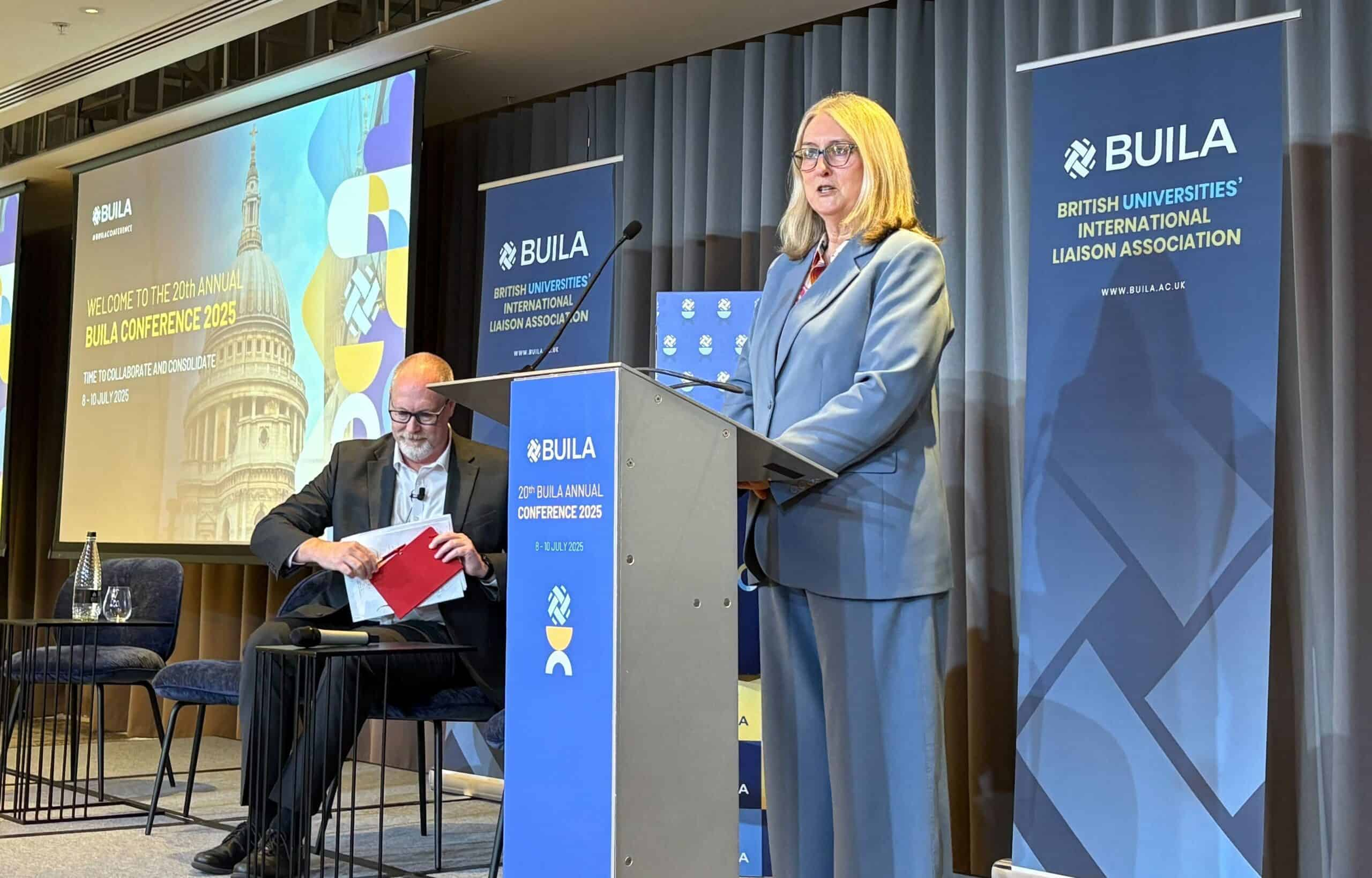Finland formally notifies U.N. of intention to withdraw from global landmine ban treaty
Finland’s Strategic Shift Withdrawal from Global Landmine Ban Treaty Signals New Defense Posture
In a bold and controversial move, Finland has formally notified the United Nations of its intention to withdraw from the Ottawa Treaty, the international agreement that bans the use, stockpiling, production, and transfer of anti personnel landmines. The announcement comes amid rising geopolitical tensions in Europe, particularly concerning the nation’s shared border with Russia. Finland’s decision marks a significant shift in its defense strategy and has sparked reactions across diplomatic, humanitarian, and defense communities.
The Ottawa Treaty, signed in 1997 and enacted in 1999, is widely regarded as a landmark in global disarmament. Over 160 nations are signatories, pledging to eliminate the use of landmines due to their devastating long term impacts on civilians. Finland, which joined the treaty in 2012 after years of internal debate, now becomes one of the very few countries to withdraw after ratification. Citing increased national security concerns, Finnish officials argue that the current security environment in Eastern Europe no longer permits what they call a "blanket restraint" on defensive capabilities.
The primary factor influencing Finland’s withdrawal is its 1,340 kilometer border with Russia. Following Russia’s invasion of Ukraine in 2022 and the subsequent deterioration of regional security, Helsinki has sought to modernize and strengthen its military deterrents. Officials believe that anti personnel mines, despite their controversial reputation, could serve as a last resort measure in defending key territories from invasion. The shift coincides with Finland’s recent accession to NATO, suggesting a recalibration of strategic priorities to align more closely with collective defense frameworks while retaining specific sovereign tools.
Supporters of the move within Finland's parliament have emphasized that the decision does not imply an intent to use landmines indiscriminately or offensively. Instead, they describe it as a precautionary measure one that provides the armed forces with every possible tactical option should a conflict escalate near the Russian border. Proponents insist that Finland will continue to respect international humanitarian norms, stating that the storage, deployment, and use of landmines, if at all, will be highly regulated and compliant with NATO standards. They also argue that the country's robust engineering and mapping systems would reduce post conflict risks to civilians.
However, the announcement has drawn sharp criticism from humanitarian organizations worldwide. Groups like Human Rights Watch and the International Campaign to Ban Landmines (ICBL) have condemned Finland’s withdrawal, warning it sets a dangerous precedent that could unravel decades of progress in arms control. Landmines, they argue, disproportionately harm civilians, particularly long after active hostilities have ended. Critics also fear that Finland’s move may trigger a domino effect, encouraging other countries particularly those in volatile regions to follow suit. Already, several of Finland’s neighbors, including Latvia, Estonia, and Poland, have debated similar measures.
Finland now faces a delicate balancing act. On one hand, the government seeks to assure its citizens and allies that it is prepared for any scenario that may arise in an increasingly unpredictable security environment. On the other, it must also manage international perceptions and potential diplomatic fallout. Key European partners, including Germany and Sweden, have expressed concern over the development, urging Helsinki to reconsider or at least delay final withdrawal until alternative security measures can be evaluated. Some diplomats within the European Union worry the decision could affect cohesion on broader disarmament policies.
Under the terms of the Ottawa Treaty, Finland’s withdrawal will take effect six months after official notification to the United Nations expected in early 2026. Until then, it remains legally bound by the treaty’s restrictions, though the announcement itself may already be influencing regional security calculations. if Finland proceeds with reintroducing landmines into its military doctrine remains to be seen. Defense officials have suggested that deployment would only occur in wartime, under strict oversight, and possibly confined to narrow territorial corridors, such as key border crossings or critical infrastructure zones.
The global community now watches closely to see how Finland navigates this significant strategic and ethical pivot. If it chooses to reintroduce landmines, the country will need to invest not only in stockpiling but also in ensuring transparent mapping, disposal protocols, and civilian safety programs. Moreover, it must brace for long term implications both in terms of public perception and its role within international forums advocating arms control. For now, Finland stands at a crossroads, its choice reflecting a broader tension between national defense imperatives and the humanitarian ideals that have guided much of the post Cold War international order.






 Global Cyberattack Cripples Major Servers; Indian Financial Services Among Targets
Global Cyberattack Cripples Major Servers; Indian Financial Services Among Targets  South Korea, U.S., Japan conduct air drills with B‑52 bomber amid North Korea concerns
South Korea, U.S., Japan conduct air drills with B‑52 bomber amid North Korea concerns  DTU and University of Houston ink 5‑year academic collaboration
DTU and University of Houston ink 5‑year academic collaboration  Student levy UK universities
Student levy UK universities